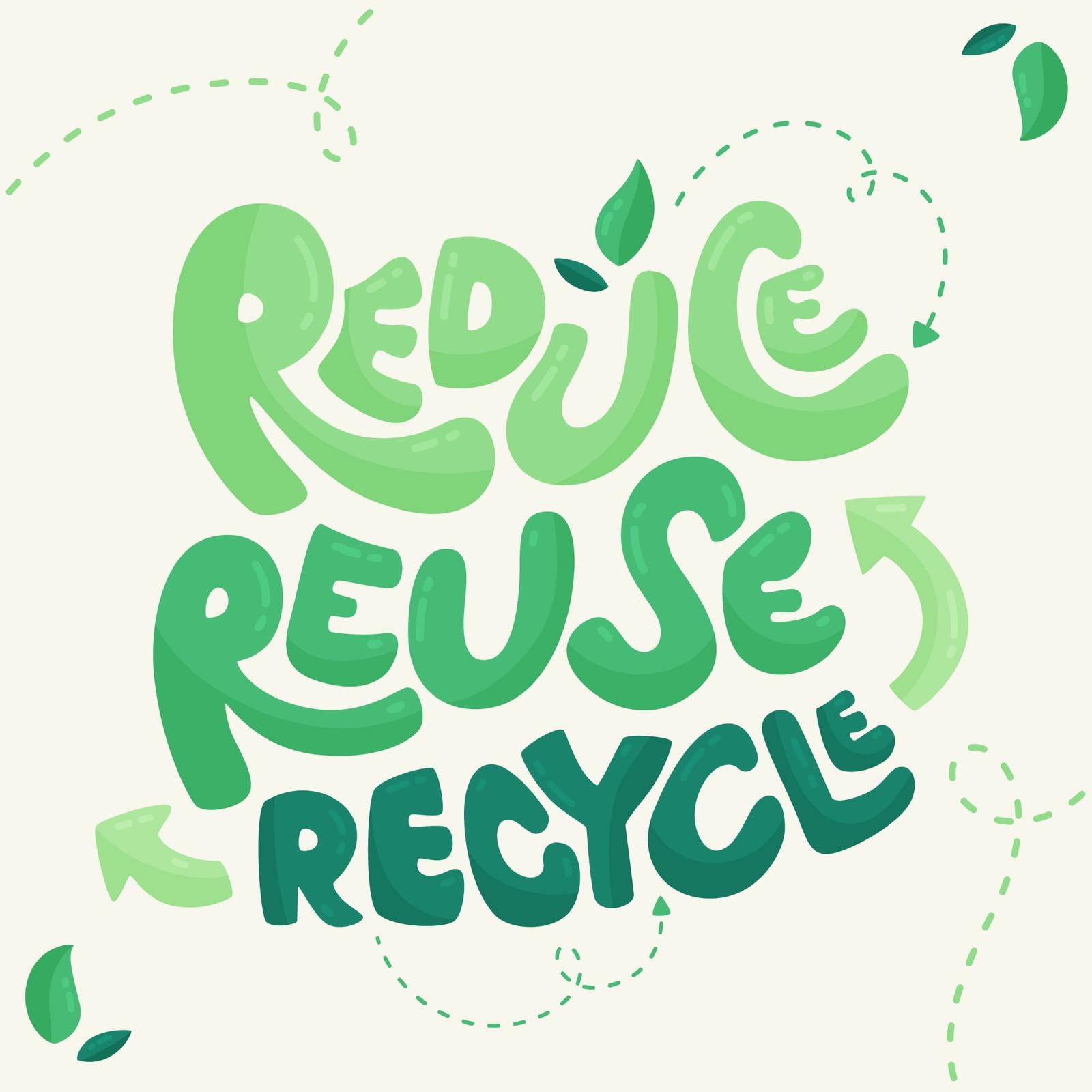Hongli Rechargeable Li-Ion Battery
₹68.0
| Voltage | 3.7V |
| Brand | Hongli |
| Battery Type | Lithium-Ion |
| Usage/Application | Powerbank |
| Battery Shape | Rectangular |
| Country of Origin | Made in India |
- Description
- Additional information
- Reviews (0)
- Q & A
- Sustainability Remark
- More Offers
- Store Policies
- Inquiries
Hongli Rechargeable Li-ion Battery
| brands | HONGLI |
|---|
You must be logged in to post a review.
Q & A
Electrochemical batteries, such as lithium-ion batteries, are widely used for various applications, including consumer electronics, electric vehicles, and renewable energy storage. While they offer many advantages, including portability and high energy density, their sustainability depends on several factors.
Resource extraction: The production of electrochemical batteries requires the extraction of raw materials such as lithium, cobalt, nickel, and graphite. The mining and processing of these materials can have significant environmental and social impacts, including habitat destruction, water pollution, and human rights concerns. Efforts are being made to improve responsible sourcing practices and promote recycling of battery materials to reduce the environmental footprint.
Manufacturing process: Battery manufacturing involves energy-intensive processes, which contribute to greenhouse gas emissions and air pollution. However, advancements in manufacturing technologies, such as the use of renewable energy sources and improved production efficiencies, are helping to reduce the carbon footprint of battery production.
Energy storage and efficiency: Electrochemical batteries play a crucial role in enabling the integration of renewable energy sources, such as solar and wind power. They store excess energy generated during times of low demand and release it when demand is high. This helps to balance the grid and reduce reliance on fossil fuel-based power plants. The efficiency of batteries in storing and discharging energy is improving, leading to reduced waste and improved overall sustainability of renewable energy systems.
End-of-life management: Proper management of battery waste is essential for sustainability. Recycling and repurposing batteries at the end of their useful life can help recover valuable materials and minimize environmental impacts. However, the current recycling infrastructure for batteries is not yet fully developed, and challenges exist in terms of collection, recycling processes, and the cost-effectiveness of recycling.
Overall, while electrochemical batteries have made significant progress in terms of sustainability, there are still areas for improvement. Ongoing research and development efforts focus on enhancing the environmental performance of battery materials, optimizing manufacturing processes, expanding recycling capabilities, and exploring alternative battery chemistries that use more abundant and environmentally friendly materials.
General Inquiries
There are no inquiries yet.






Reviews
There are no reviews yet.